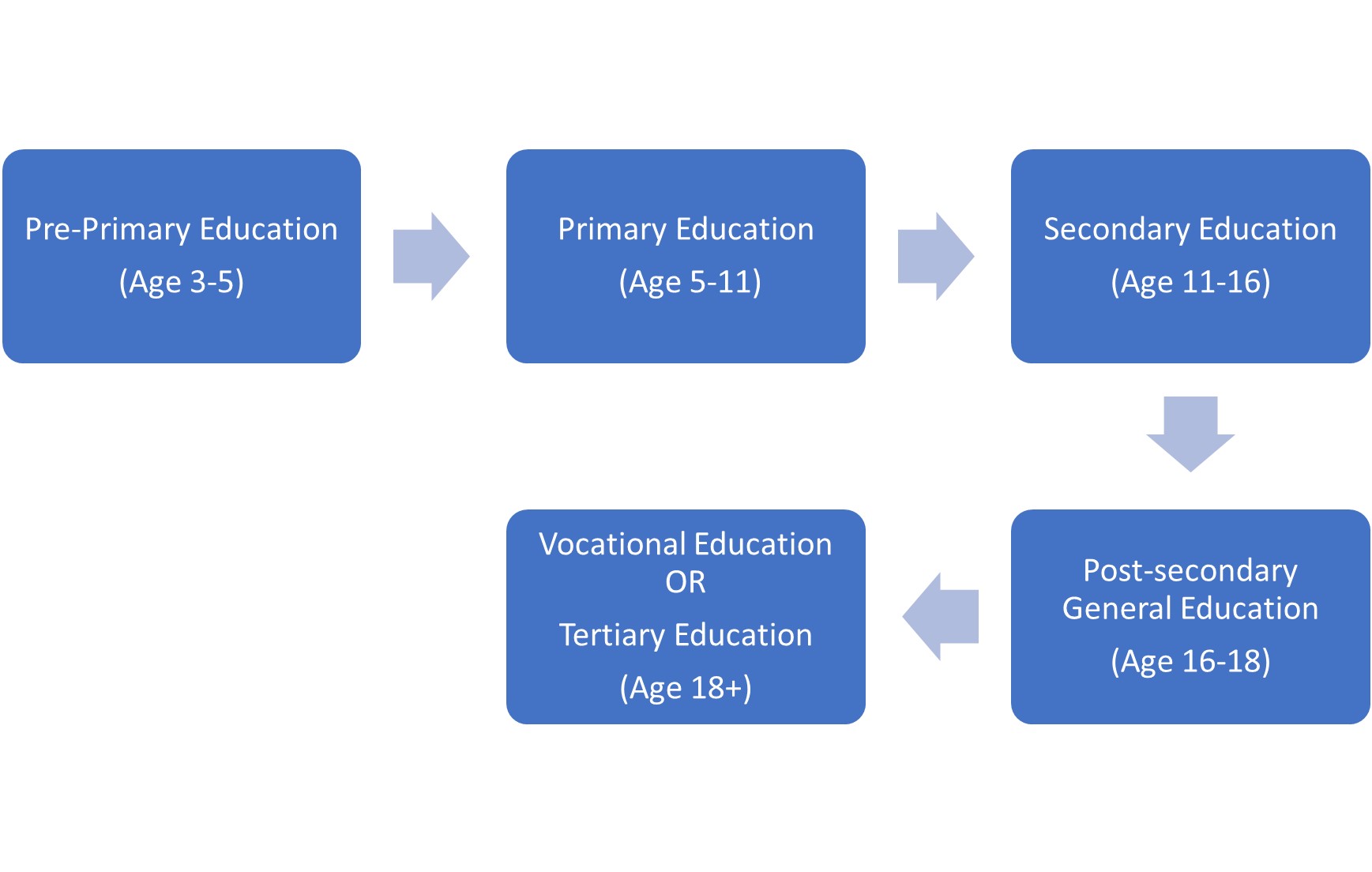Education in Malta is compulsory for all children and youths from five to sixteen years and is largely based on the British curriculum. In Malta, there are three types of schools: state schools, church schools and independent schools.
State schools, funded by the Government, are free to all students and offered in main towns and villages. Church schools take a donation, whilst independent schools charge annual fees.
Classes in private independent schools are mostly conducted in English. State schools are taught in both Maltese and English, with Maltese mostly spoken in the classroom.
Education is structured in the following five stages:
Compulsory education covers six years of primary education and five years of secondary education.
Following secondary school, students may continue their education in vocational and tertiary educational institutions. Tertiary education is provided mainly by the University of Malta.
With English being one of the official languages, Malta is an ideal choice for investment migration investors seeking a better future for their children. English language teaching is well established on the Maltese islands and schools cater for all ages and levels of English.
Education in Malta is of a very high standard enabling post-graduates to successfully find employment in Malta, the EU and internationally.
In order to study, find work and remain in different European countries without the need of applying for visas or working permits, many high-net worth individuals apply for Maltese citizenship by investment – namely the Granting of Citizenship for Exceptional Services by Direct Investment – (CDI). This allows investors to enjoy the same rights as other Maltese/EU citizens, including visa-free stays in Schengen zone countries and the ability to reside, study and work in European Union countries.
For more information about Malta’s Granting of Citizenship for Exceptional Services by Direct Investment (CDI), please contact us.



